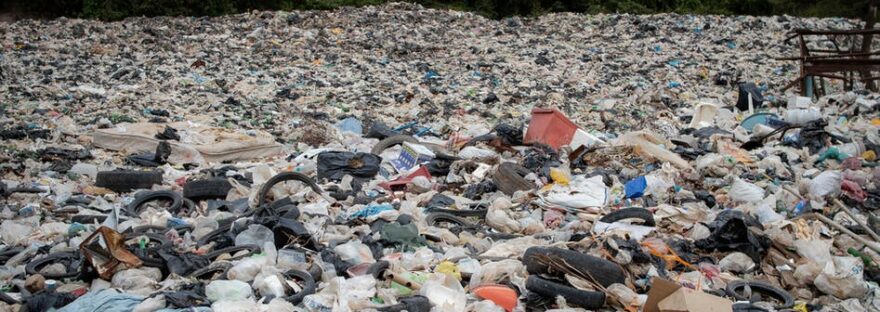Now, we are discussing about our environment, about pollution and about climate change. Let’s try to get some helpful vocabulary structured:
| Topic | facts |
|---|---|
| problems to be seen – destruction / change of Nature | melting of the polar ice: weather conditions: – hot and dry summers – rising temparatures – bush fires – huge areas of destroyed forests – dead animals – loss of animal habitats – droughts will cause bad harvests – storms – very cold winters pollution of air: – CO2-emissions – smog – air pollution – too much traffic pollution of water: deforestation of the rainforest: – fire clearance of the rainforest – |
| consequences | loss of animal habitats: – some animal species will get extinct loss of quality of life: – spread of diseases natural disasters: – sea level rises, floods |
| reasons | natural reasaons: human influences: – use of traditional energy: nuclear, oil, gas, coal |
| alternatives – what can be done? | awareness: – education – campeigns alternative behaviour: – use green / renewable energies: solar, water, wind – use less plastic – eat less meat and dairy products – save ressources – fly less – use bike or public transport instead of cars, trains, planes etc. – don’t use your car so often politics: |
exercise 1: Copy the vocabulary above.
exercise 2: Do this worksheet (2 pages): https://en.islcollective.com/english-esl-worksheets/vocabulary/environment/environment-vocabulary-practice/80587
